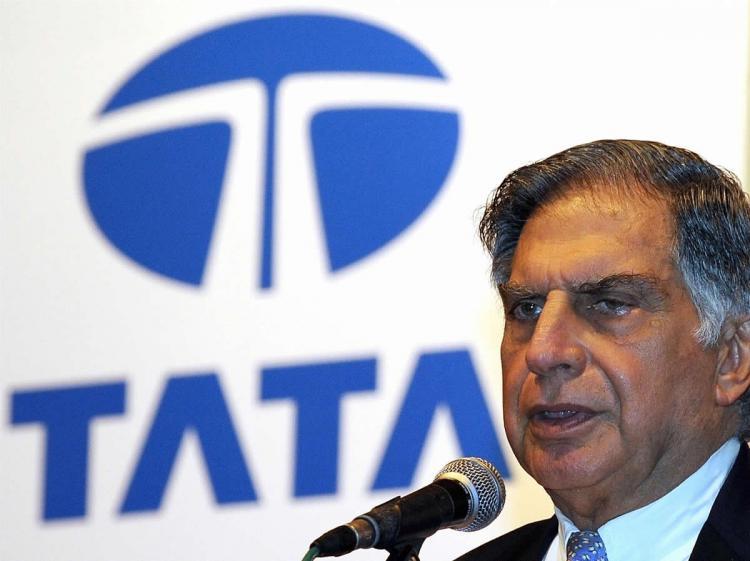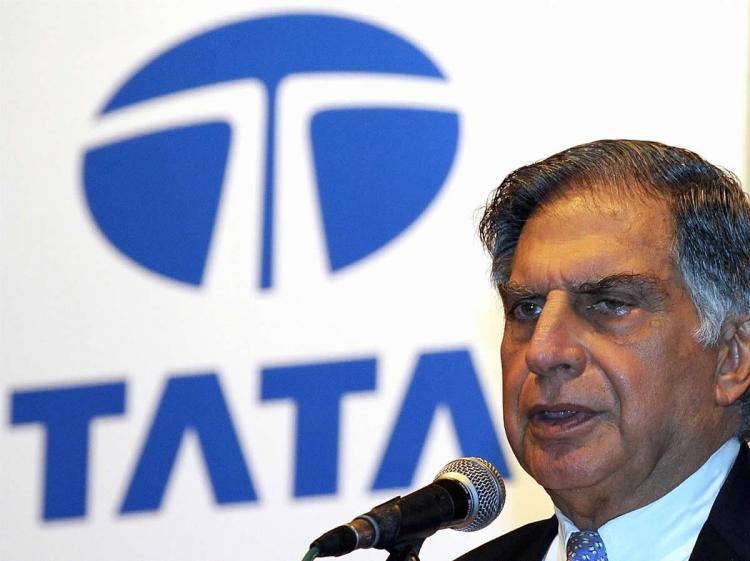Oligarchic Capitalism May Take Hold in India
India, seemingly on track to become the next Asian economic power, is at risk of shifting to oligarchic capitalism.

Tata Group Chairman Ratan Tata addresses shareholders at the company's 64th Annual General Meeting last month in Mumbai, India. Tata is India's largest conglomerate and is controlled by the Tata family. Indranil Mukherjee/AFP/Getty Images
|Updated:





